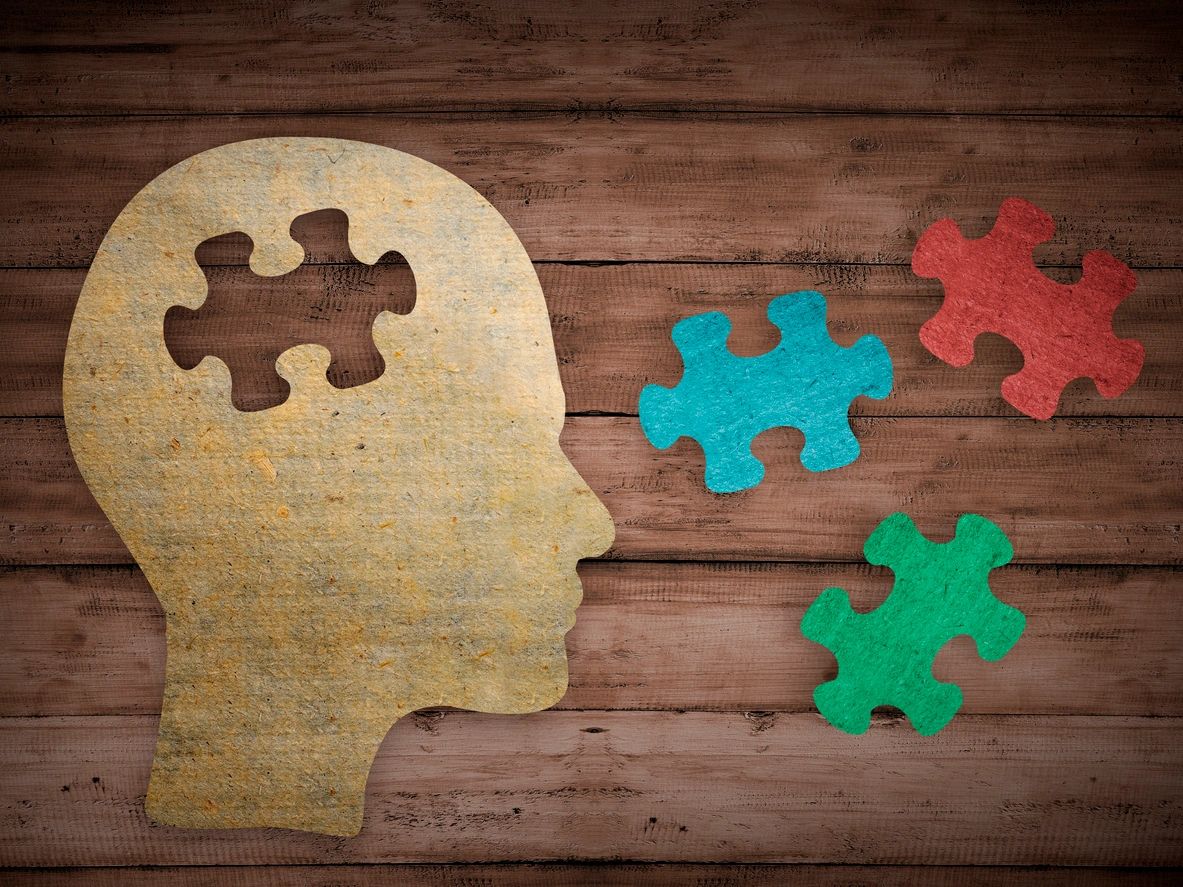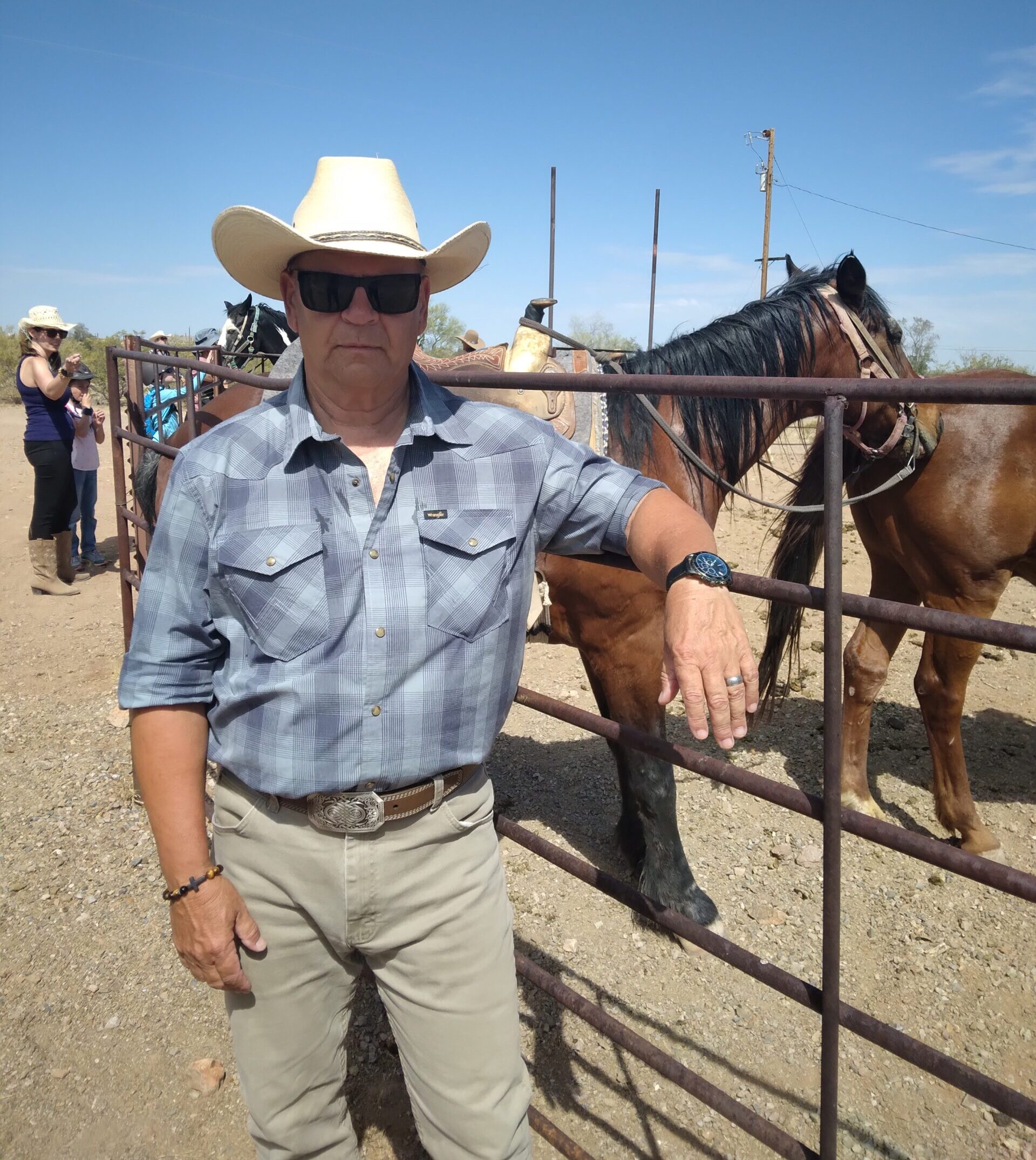Dementia is not a disease. It is, however, a group of diseases that have a definitely bad effect on a person’s life. The Harvard Medical School explains it this way. Dementia is a term used to describe how some form of a disease has taken over a person’s brain and causes them to be no longer cognitive of their own environment. They have lost their sense of reasoning, thinking, reacting, remembering and have become someone they never were before personality wise, and their emotional state is anxious and questioning, and their overall sense of who they are is gone. That is dementia. It is not a disease. It is a symptom of other diseases. It is the umbrella term for a conglomeration of disease that have ganged up on the brain and is tearing it apart. Wanting their own piece of your you, and it is not your fault.
Among the diseases that see Dementia as their symptom are Alzheimer’s, Parkinson’s and thyroid problems. Some of the statistics worth noting are According to U.S. Dementia Tracking, 3% of adults 70 to 74, 22% 85 to 89, and 33% 90 years old plus fall into a Dementia group. Mayo Clinic estimates that 6.5 million people in the United States have a degree of Alzheimer’s out of the 50 million who suffer from the disease worldwide. The same is true with people who suffer from Parkinson’s Disease as far as increase. Generally, they are not diagnosed until after 60, but people across the board of race, culture and gender have been diagnosed with early onset Parkinsons in their 50’s! Most of those people who have seen any sort of Dementia have been in their 80’s and 90’s. However, there are always exceptions and circumstances that upset even the most calculated statistics.
So, why all of this data? It all boils down to one thing. These diseases are in a group of arguably the most destructive of all categories medically. These Dementia are unforgiving, in discriminatory, and unprejudicial. That makes them the most dangerous and most unforgiving of diseases. They strip a person of their reality, of their memories, of their lives, and of all they have ever accomplished. They take away their family, friends and God, and church. These Dementia Disease even take way a person’s desires and passions. They leave the person they afflict floundering in a world they are unfamiliar with and eventually afraid of. No face seems familiar, thus the person with Dementia has no reason to trust anyone. The raw human experience of companionship will someday disappear for them. It will take everything before it is finished. There are diseases of course that take life, and those are sometimes awful and painful. Dementia symptom diseases take life too, but they are slow and evil in the way they do it. They take a piece of you away each time they nibble at your memory, at your brain and at your soul.
There is another part to this story, and it is a big, life changer! It is the part where the people in the lives of these victims of this terrible most awful enemy have their place. They are the legacy of the Dementia stricken, they are the reason, the thinking, the memories and the personalities of those who have forgotten. It is through them and through their love for the patient that Dementia will not will out! Even though the victim cannot remember, the ones who were there with them, who experienced their joy, sorrow, and pain, guilt, fear, relief, or whatever that particular time brought out in them, they will have that as their memory of their friend, mother, father, son or daughter or brother or sister, or spouse. In that way, Dementia did not win the day. These people will tell the story of how what the person who has forgotten did with their lives. They will tell how the person they are looking at was a hero. Until the time when someone comes up with a way to cure this group of disease, these companions will have to be the way for the ones who have forgotten never to be forgotten! Their story needs to be told, and we need to listen! ‘There but for the Grace of God, go I’. Remember?
Not Forgotten





